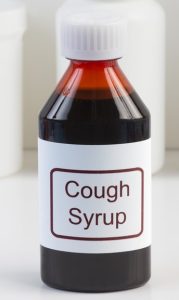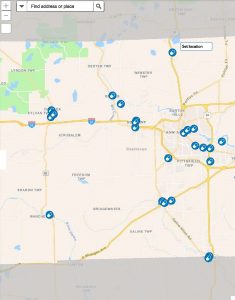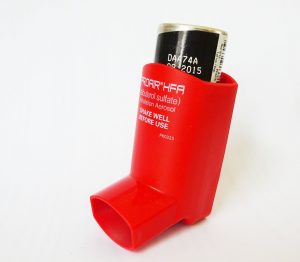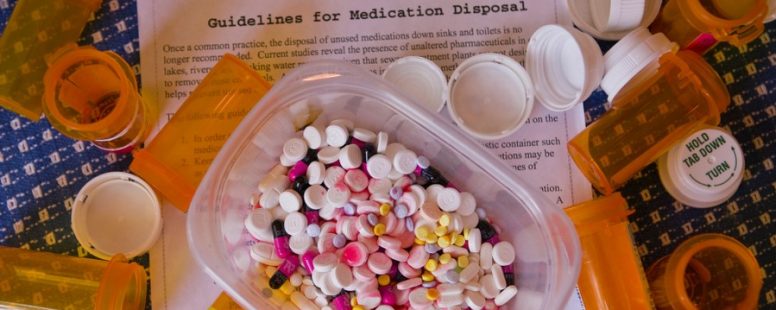Disposal of Unneeded Meds – Liquids and Other Hard-to-Dispose-of Items
Betty Chaffee/ July 15, 2022/ drug disposal, Medication Management/ 0 comments
We've talked in previous posts about safe and secure disposal of medications. Why it's important, and how and where it can be done. Several BetterMyMeds readers and event participants have pointed out that it can be tough to dispose of certain types of  medications. Liquid medications, and injectables in glass vials are good examples. Controlled substances, like morphine and valium, can be a
medications. Liquid medications, and injectables in glass vials are good examples. Controlled substances, like morphine and valium, can be a problem, too. And the rules around how to package your unneeded medications for disposal differ from one take-back site to another. With this post I'll try to make it easier for you to dispose of unneeded meds of all types without so much stress.
problem, too. And the rules around how to package your unneeded medications for disposal differ from one take-back site to another. With this post I'll try to make it easier for you to dispose of unneeded meds of all types without so much stress.
The importance of inactivation or incineration of unneeded meds
If you were to look on the internet, you'd likely find lots of recommendations to put liquid medications in kitty litter or coffee grounds, then seal them in a zippered plastic bag and discard it in the trash. The FDA even still suggests that flushing some medications is okay. While those methods will definitely serve the purpose of keeping the medication from being misused, they won't protect the environment. The best answer is to find a take-back site that will accept your unneeded meds, or use a safe in-home disposal system.
First, why does it have to be so hard?
Medication take-back sites voluntarily provide that service to the community. These organizations realize the importance of keeping unneeded medications out of the household, and protecting the environment by safely disposing of them. Each take-back site contracts independently with a company to securely haul away and incinerate the discarded medications. And every disposal company may have their own procedures and regulations for what they will take and how they will take it.
At the same time, the organization running the take-back site (whether a pharmacy, a fire department, police station, or other organization) needs to set its own procedures. They may or may not choose not to take on the liability of accepting controlled substances, for example. Depending on the container being used, and whether contents need to be handled, some will accept liquids and others won't.
In the end, take-back sites are all doing their best to provide an important service to the community. The fact that their rules differ makes it a bit more difficult, but with the right information, you can find a place for nearly every type of medication. It's just that you may have to do some homework to find out where to take them. And if you have a variety of dosage forms to dispose of, you may even need drive to more than one site.
Finding up-to-date information about drug take-back sites
Washtenaw County in Michigan (where BetterMyMeds is based) has two great websites for you. The first is a map of drug take-back sites. Here's what it looks like:

Each of the blue icons shows where a drug take-back site is located. Clicking on the icon brings up a window showing the address, hours, items accepted, and a phone number for more information.
The second helpful website is a state-wide list containing the names and locations of drug take-back sites. This shows sites in the entire state, broken down by city/village/township. It also shows the address, hours, items accepted, and phone number or website for more information. It may not be updated as regularly as the map, but both are useful tools for those of us in Michigan.
If you're reading this from outside Michigan, the FDA website has tips on where to find drug take-back sites near you.
Check out the take-back sites near you to see if they take liquid medications, controlled substances, or other hard-to-dispose-of products. Use the phone number if you have additional questions, for example the best way to package the meds for dis posal. It's important to note that, in general, take-back sites do not accept inhalers. FDA's recommendation for inhaler disposal is to contact your local trash and recycling facility for instructions.
posal. It's important to note that, in general, take-back sites do not accept inhalers. FDA's recommendation for inhaler disposal is to contact your local trash and recycling facility for instructions.
And don't forget about the in-home disposal systems!
 Deterra and Rx Destroyer, which we talked about in an earlier post, are both easy-to-use systems that you can purchase for home use. Deterra may be the more efficient system, as there are few limits
Deterra and Rx Destroyer, which we talked about in an earlier post, are both easy-to-use systems that you can purchase for home use. Deterra may be the more efficient system, as there are few limits on the type of medication it accepts. The large pouch accepts up to 90 pills, 12 ounces of liquid, or 12 patches. Pouches range in size from small (15 pills) to extra-large (450 pills). They can be purchased online or from some pharmacies.
on the type of medication it accepts. The large pouch accepts up to 90 pills, 12 ounces of liquid, or 12 patches. Pouches range in size from small (15 pills) to extra-large (450 pills). They can be purchased online or from some pharmacies.
The bottom line on safe and secure drug disposal
It may take a little investigation on the internet, and maybe even a phone call or two, to find the site (or sites) you need to disposed of your unneeded medications. But it's worth it. We know that unneeded medications kept in the household increase the chance for misuse of dangerous drugs. They also increase the chance for errors in medication use, especially among those who have complex medication regimens. The effort needed to do it will pay off for your family and for society in the long run.
If you've run into other problems trying to dispose of unneeded medications, please leave a comment below. Or you can contact us directly at BetterMyMeds. We love hearing from you!


